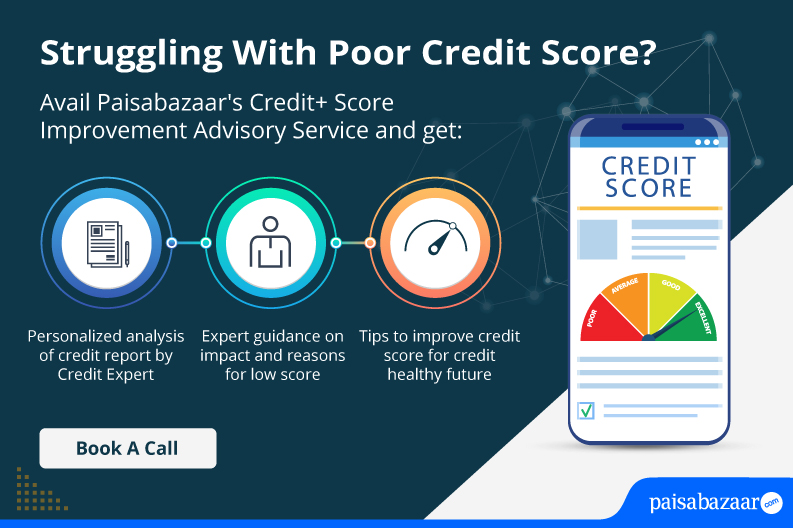If you check your credit report regularly, you always stay updated with your present credit score. If there’s a fall, you can track down the reasons and rebuild your credit score in time. Likewise, if there’s an increase in your credit score, you can review it to understand how your credit score can be improved, if it falls shortly. Let us know the benefits of reviewing your credit report regularly in detail.

Get Your Latest Credit Score in Just 2 mins. Check Now
Benefits of Checking Credit Report Regularly
Some of the key benefits of regularly checking your credit report are:
Know the Effect of Your Actions on Your Credit Score
Checking your credit score regularly can help you monitor your financial actions. This way you’ll know if your actions are affecting your credit score positively or not. If you know what may bring down your credit score, you will be able to avoid that and get better offers on personal loans, home loans, etc. in times of need.
Ensure Accuracy of Information
Sometimes a low credit score can be the result of an error/ inaccuracy of information in your credit report. If that’s the case, you should report it immediately to the concerned credit bureau as well as your bank to get it corrected.
Know Better Credit Card or Loan Offers
If you know your latest credit score, you can find a better credit card or loan offers available in the market. When you check your credit score on Paisabazaar, you get customized pre-approved loan and credit card offers from Paisabazaar partners. A high credit score increases your creditworthiness and lets you access additional credit on better terms. In short, it gives you negotiating power when applying for a loan.

Don’t Know your Credit Score? Check it now – Its FREE. Check Now
Important Note: Checking your credit score or credit report regularly does not lower your credit score at all. When you check your credit score through Paisabazaar, it is considered a soft enquiry whereas when you apply for a loan or credit card, the lender/provider seeks your credit report from the bureau which is considered a hard enquiry. Soft enquiry has no impact on your credit score whereas hard enquiry can reduce your credit score. You can check your credit score for free at Paisabazaar.com and it will not damage your credit score in any way.
FAQs
Q. Can checking one’s credit score lead to a fall in the credit score?
Ans. No, checking one’s credit score is a soft inquiry and does not affect your credit score. Only hard inquiries for your report when made by prospective lenders/credit card providers when you apply for new credit impact your credit score.
Q. How frequently should I check my credit score?
Ans. It is completely up to you. However, a monthly review should be sufficient enough to keep you informed about any changes that might reflect in your credit report and affect your credit score. You can check your credit score for free with monthly updates on Paisabazaar.com.
Q. What are the key components of a credit report?
Ans. The key components that make up a credit report are:
- Personal information
- Contact information
- Employment information
- Account information
- Enquiry information
Q. How can I check my credit score?
Ans. You can apply for your credit score and report by visiting the website of any of the four credit information companies in India- CIBIL, Equifax, Experian, or CRIF Highmark. You can get your credit report and credit score completely free of cost through the Paisabazaar website.
Q. What are the charges for checking credit score?
Ans. There are no charges for checking your credit score at Paisabazaar.com. Moreover, it comes with monthly updates on WhatsApp and email as an additional benefit. You can also track your credit score using Google Assistant or Amazon Alexa.

Get Your Latest Credit Score in Just 2 mins. Check Now
Other Credit Score Related Articles:


